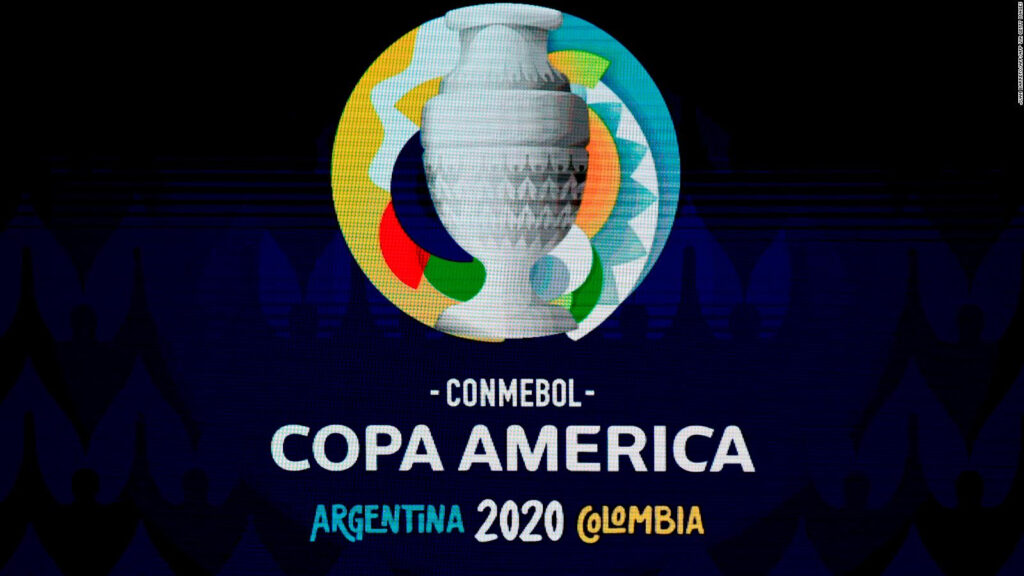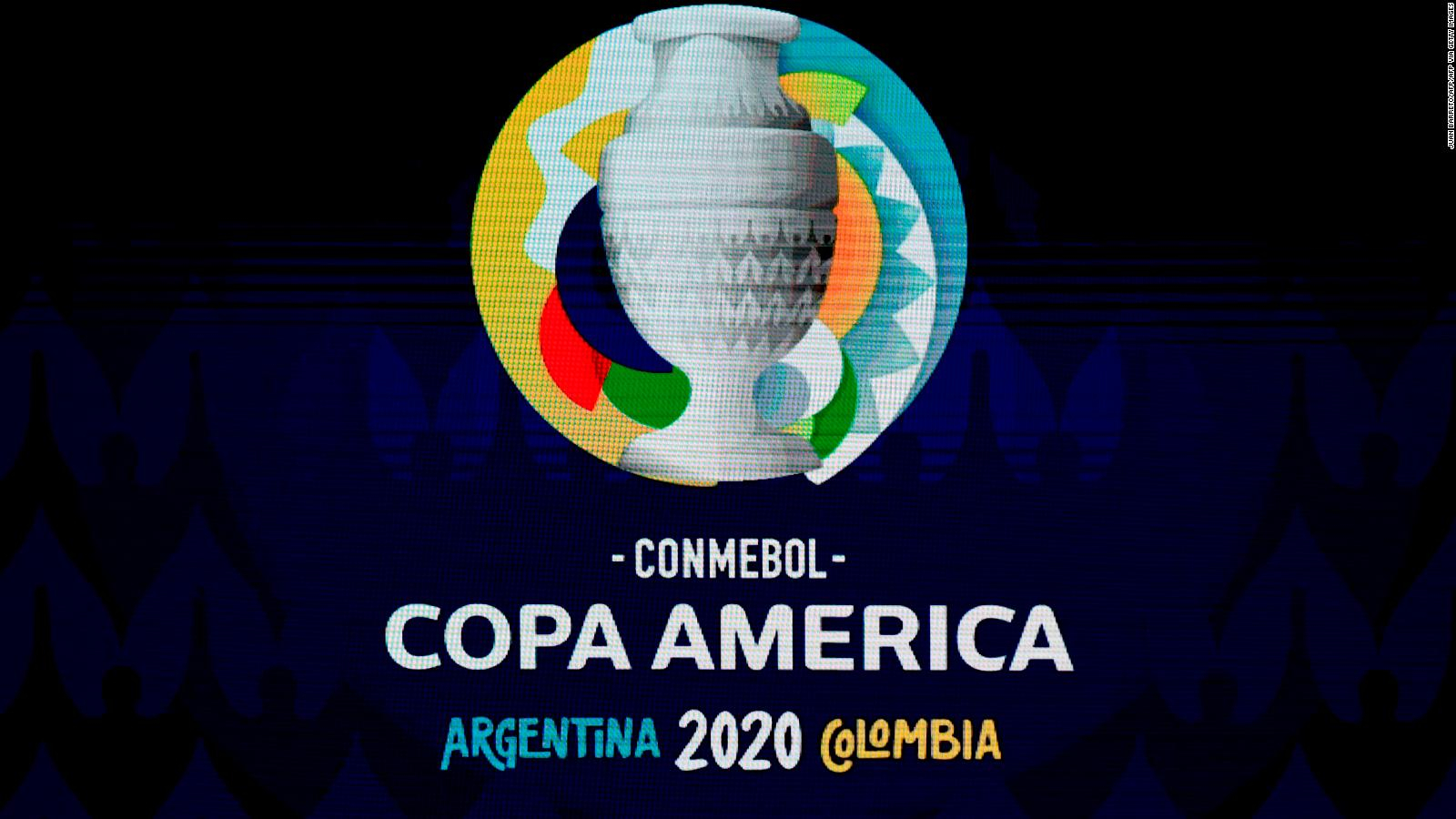
Copa América 2020: A Retrospective Look at the Pandemic-Delayed Tournament
The Copa América 2020, eventually held in 2021, was a tournament steeped in unprecedented challenges and logistical hurdles. Originally slated for 2020, the global COVID-19 pandemic forced a postponement and a dramatic reshaping of the event. This article delves into the details of the tournament, exploring its journey from conception to completion, the key moments, and the lasting impact on South American football.
The Pandemic’s Shadow: A Tournament Delayed
Initially co-hosted by Argentina and Colombia, the Copa América 2020 faced its first major setback when Colombia was stripped of its hosting duties due to social unrest. Shortly after, Argentina also withdrew, citing the severity of the COVID-19 situation within the country. This left the tournament in limbo, prompting CONMEBOL to scramble for a viable alternative.
Brazil stepped in as a late replacement host, a decision that was met with considerable controversy given the country’s own struggles with the pandemic. Despite the concerns, CONMEBOL pressed ahead, determined to stage the Copa América 2020. The decision highlighted the complex interplay between sporting ambition and public health concerns.
Tournament Format and Participating Teams
Despite the change in venue and the ongoing pandemic, the tournament format remained largely unchanged. Ten South American nations participated, divided into two groups: the North Zone and the South Zone. The top four teams from each group advanced to the quarter-finals, followed by the semi-finals and the final. The participating teams were: Argentina, Bolivia, Brazil, Chile, Colombia, Ecuador, Paraguay, Peru, Uruguay, and Venezuela.
Key Moments and Standout Performances
The Copa América 2020 was filled with memorable moments and exceptional individual performances. Lionel Messi, in what many believed could be his last chance to win a major international trophy with Argentina, was a constant source of inspiration. Neymar Jr. led the Brazilian charge with his dazzling skills and goal-scoring prowess. Other notable players included Luis Diaz of Colombia, who emerged as a breakout star, and Emiliano Martinez, Argentina’s hero in the penalty shootout against Colombia in the semi-final.
One of the most talked-about matches was the semi-final clash between Argentina and Colombia. After a hard-fought 1-1 draw, the match went to penalties. Emiliano Martinez’s heroics, both with his saves and his psychological tactics, proved decisive as Argentina secured their place in the final.
The Final Showdown: Argentina vs. Brazil
The final of the Copa América 2020 pitted arch-rivals Argentina and Brazil against each other at the iconic Maracanã Stadium in Rio de Janeiro. The atmosphere was electric, with a limited number of fans in attendance due to the pandemic restrictions. The match itself was a tense and tactical affair, with both teams displaying their defensive solidity.
The decisive moment came in the 22nd minute when Ángel Di María latched onto a brilliant through ball from Rodrigo De Paul and chipped the ball over the onrushing Brazilian goalkeeper, Ederson. The goal proved to be the only one of the match, as Argentina held on to secure a narrow 1-0 victory.
Argentina’s Triumph: Messi’s Long-Awaited Glory
Argentina’s victory in the Copa América 2020 was particularly significant as it ended their 28-year trophy drought in major international competitions. More importantly, it marked Lionel Messi’s first major international title with his national team. The image of Messi, hoisted aloft by his teammates, became an iconic symbol of the tournament.
For Messi, the victory was the culmination of years of heartbreak and near misses. He had previously lost three Copa América finals (2007, 2015, and 2016) and the 2014 FIFA World Cup final. The Copa América 2020 triumph finally silenced the critics who questioned his ability to replicate his club success on the international stage.
The Legacy of Copa América 2020
The Copa América 2020 will be remembered not only for Argentina’s victory but also for the challenges it overcame. The pandemic forced organizers to adapt and innovate, while the players demonstrated resilience and determination. The tournament also highlighted the enduring passion for football in South America, even in the face of adversity.
The economic impact of the tournament, particularly for Brazil as the last-minute host, was a subject of debate. While the event generated revenue, it also incurred significant costs related to health and safety protocols. The long-term effects on South American football, both positive and negative, are still being assessed.
Controversies and Criticisms
The decision to host the Copa América 2020 in Brazil was met with widespread criticism from health experts and the public. Concerns were raised about the potential for the tournament to exacerbate the spread of COVID-19. Some argued that the focus should have been on addressing the pandemic rather than prioritizing sporting events.
Another controversy involved the scheduling of matches, with some teams complaining about the short turnaround times between games. The compressed schedule, necessitated by the pandemic-related delays, put a strain on the players and increased the risk of injuries.
Impact on South American Football
The Copa América 2020 had a significant impact on the landscape of South American football. Argentina’s victory boosted their confidence and morale heading into the 2022 FIFA World Cup, which they eventually won. Brazil, despite losing the final, remained a formidable force, showcasing their depth of talent.
The tournament also provided opportunities for emerging players to showcase their skills on a global stage. Players like Luis Diaz and Dibu Martinez solidified their reputations and attracted interest from European clubs. The Copa América 2020 served as a valuable platform for these players to elevate their careers.
Looking Ahead
As we look back on the Copa América 2020, it is clear that the tournament was a unique and challenging experience. The pandemic forced organizers to adapt and innovate, while the players demonstrated resilience and determination. The event served as a reminder of the power of sport to unite people, even in the face of adversity.
The legacy of the Copa América 2020 will continue to shape South American football for years to come. The tournament highlighted the passion, talent, and competitiveness that define the region’s footballing culture. It also underscored the importance of adaptability and resilience in the face of unforeseen challenges. [See also: History of Copa América Tournaments]
Moving forward, CONMEBOL will undoubtedly learn from the experiences of the Copa América 2020 as they plan future tournaments. The focus will be on ensuring the safety and well-being of players, fans, and communities, while also maintaining the high level of competition that makes the Copa América such a captivating event.
In conclusion, the Copa América 2020, though delayed and fraught with difficulties, ultimately delivered a compelling and memorable tournament. Argentina’s triumph, Messi’s long-awaited glory, and the resilience of the participating teams will ensure that this edition of the Copa América is remembered for years to come. The tournament served as a powerful reminder of the enduring passion for football in South America and the ability of sport to transcend even the most challenging of circumstances. [See also: Top Goal Scorers in Copa América History]
